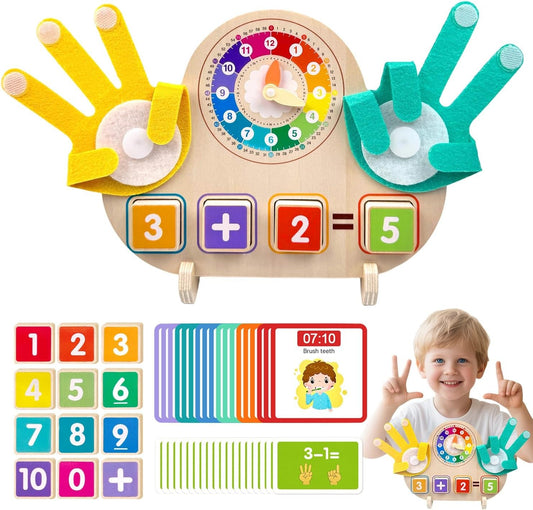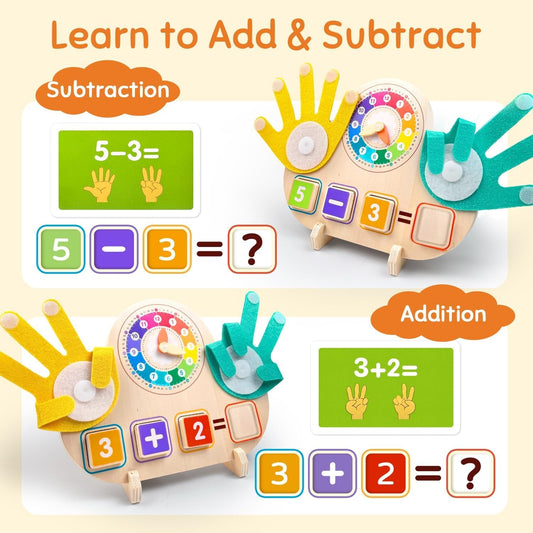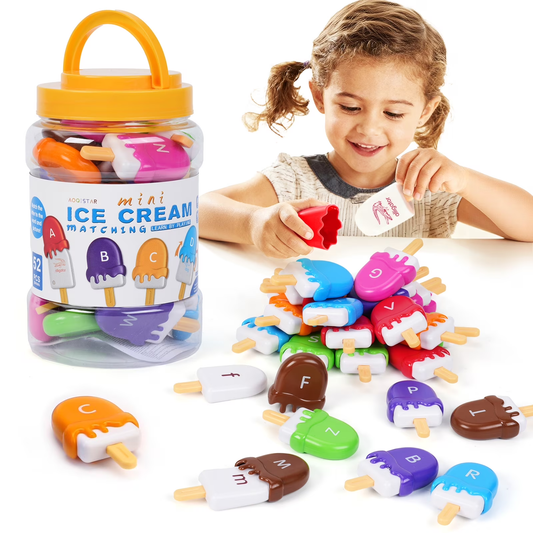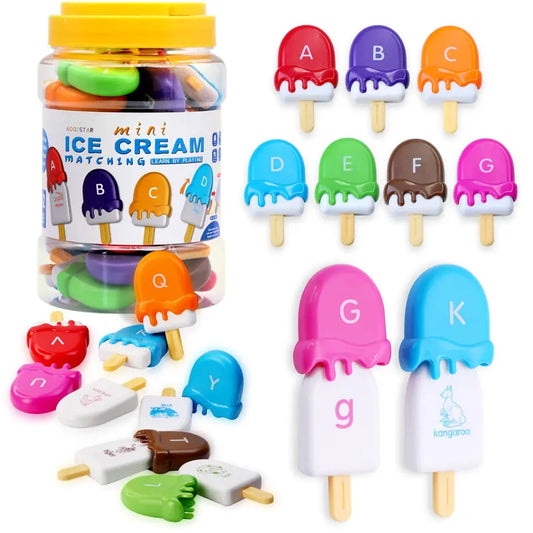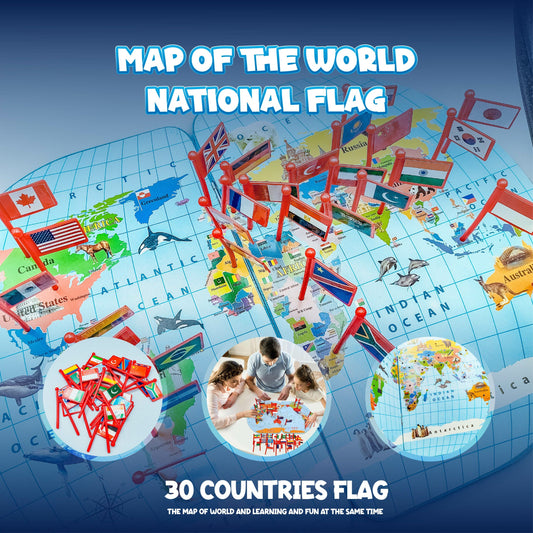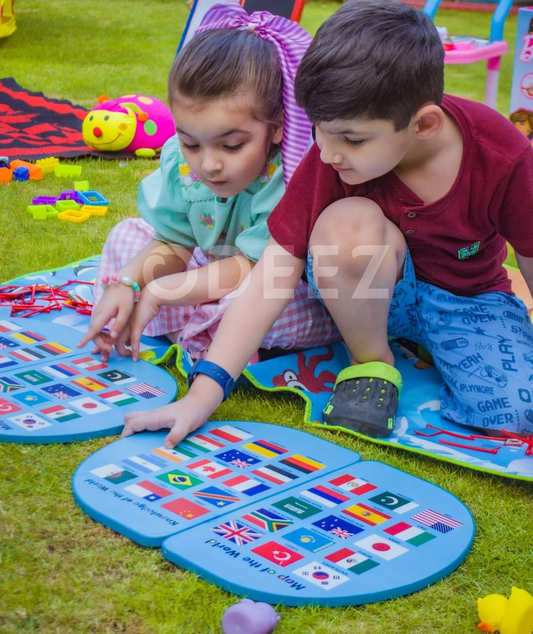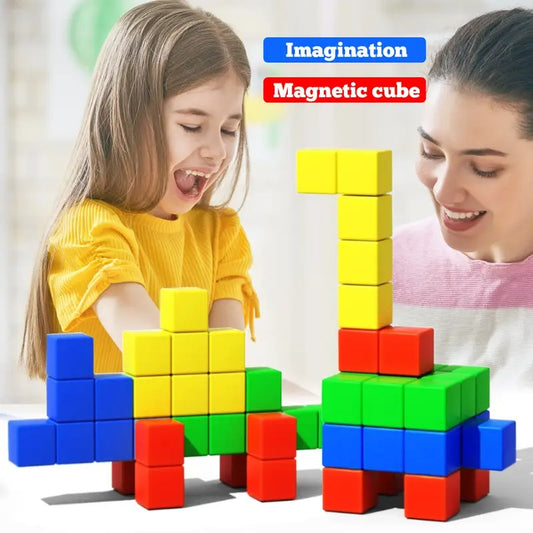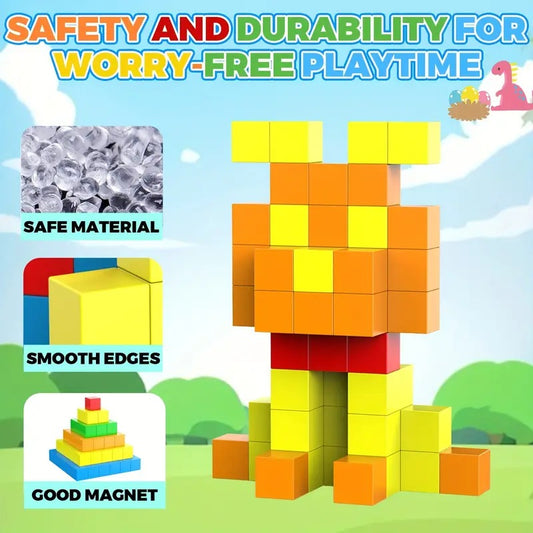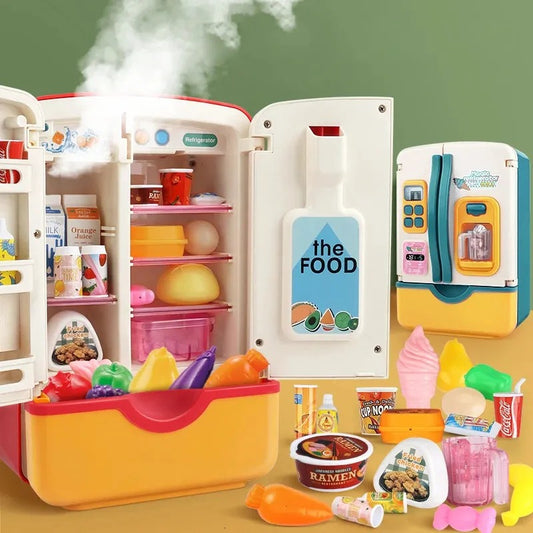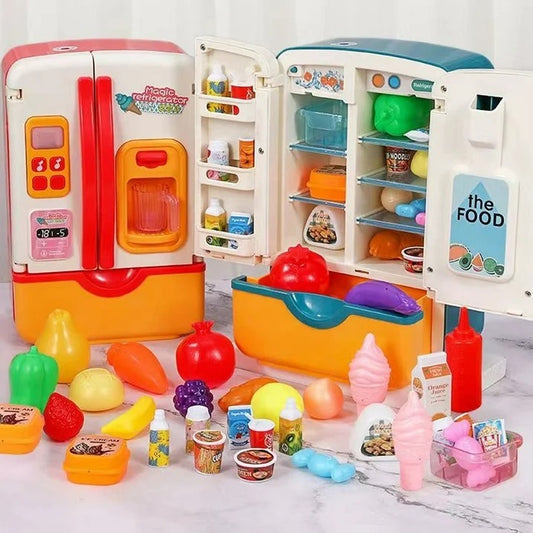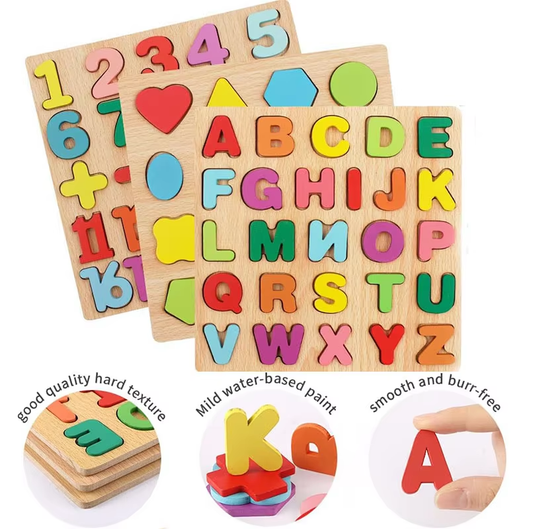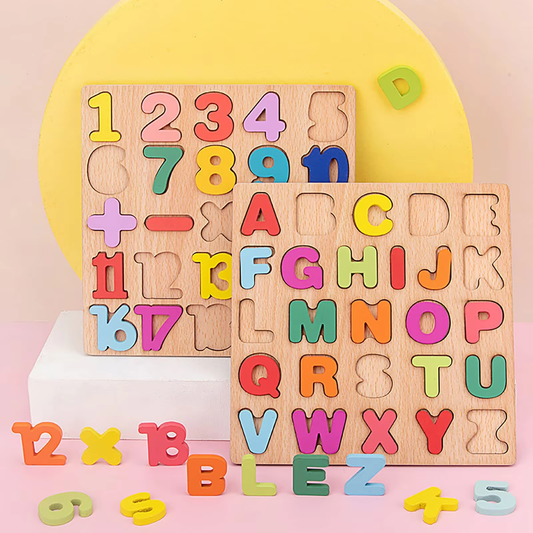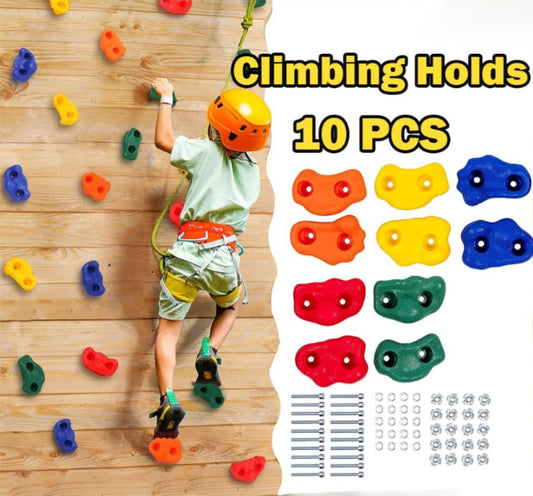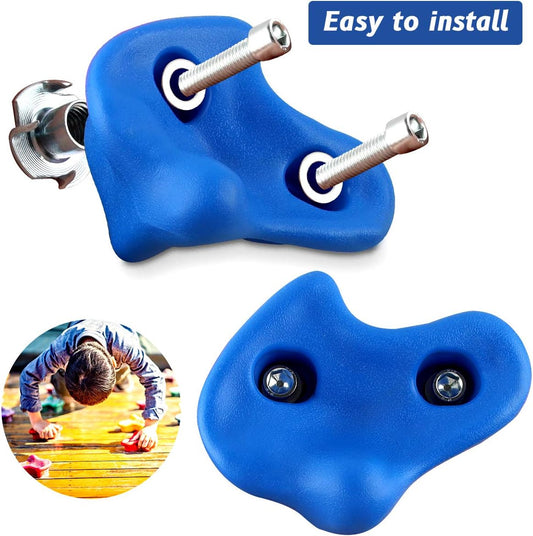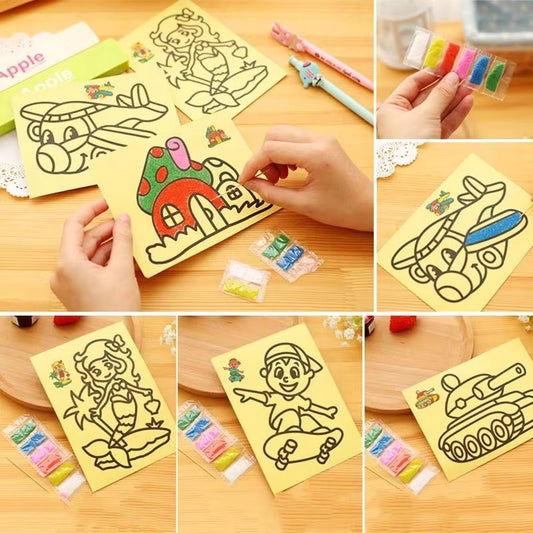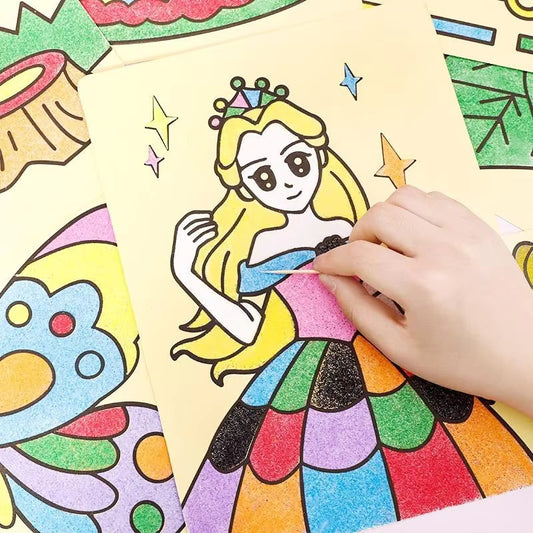Your Child’s Early Growth Milestones: A Guide for Pakistani Parent

Every parent dreams of watching their child grow — from their first smile to their first step and the first time they call you “Amma” or “Baba.” These precious moments mark your little one’s journey of growth and development.
But did you know that every baby follows a unique path — and that tracking growth milestones can help you understand how well your child is developing physically, mentally, and emotionally?
In Pakistan, where extended families often share advice on baby growth (“Bachay ko jaldi bithao!” or “Abhi tak nahi chalta?”), it’s important to remember that every child grows at their own pace — yet some key milestones help you track if everything is on the right path.
Let’s dive into what these milestones are, when to expect them, and how you can support your child’s early development.
What Are Growth Milestones?
Growth milestones are age-based signs of your child’s development — small achievements that show they’re learning and growing in different areas such as:
-
Physical: Rolling over, sitting, crawling, walking
-
Cognitive: Recognizing faces, responding to their name, problem-solving
-
Social & Emotional: Smiling, showing affection, playing with others
-
Language: Babbling, speaking words, understanding simple instructions
These milestones aren’t strict rules — they’re general guidelines used by pediatricians and child experts to ensure your child is developing normally.
Key Growth Milestones by Age
Birth to 3 Months
Your newborn is adjusting to the world around them. During this stage, you may notice:
-
Follows objects with their eyes
-
Recognizes your voice and face
-
Starts smiling and cooing
-
Lifts head for a few seconds during tummy time
Parent Tip: Talk to your baby often — your voice helps develop their early listening and emotional bonding skills.
4 to 6 Months
This is when your baby starts becoming more active and curious.
-
Rolls over from tummy to back
-
Begins to reach for toys
-
Responds to sounds with babbling
-
Laughs and shows excitement
Parent Tip: Introduce colorful rattles and soft toys that make gentle sounds — they help with sensory and hand-eye coordination.
7 to 9 Months
Your little explorer begins to move around and respond to emotions.
-
Sits without support
-
Crawls or scoots on the floor
-
Recognizes familiar faces and shows stranger anxiety
-
Responds when you call their name
Parent Tip: Encourage safe floor play — spreading a mat with toys helps your baby practice movement and muscle strength.
10 to 12 Months
This stage is full of excitement — your baby is ready to take their first steps!
-
Pulls up to stand and may start walking
-
Says simple words like “Amma,” “Baba,” or “Bye-bye”
-
Waves hands and claps
-
Points at things they want
Parent Tip: Use push toys or walking aids designed for infants to help with balance and coordination.
1 to 2 Years
Your toddler becomes more independent and expressive.
-
Walks confidently and starts running
-
Begins to use short phrases
-
Enjoys pretend play and recognizes themselves in the mirror
-
Understands simple instructions
Parent Tip: Encourage your child to build, stack, and play with blocks or shape sorters — it enhances problem-solving and fine motor skills.
2 to 3 Years
Now your little one’s imagination takes flight.
-
Starts speaking short sentences
-
Learns to climb stairs with help
-
Begins sharing toys or playing beside other children
-
Follows two-step instructions (“Pick the ball and give it to Mama”)
Parent Tip: Read simple Urdu and English picture books together — it boosts vocabulary and communication.
Milestones and Pakistani Parenting Culture
In Pakistan, families often have strong opinions on child growth — grandparents might compare cousins or worry if a child walks “late.” But remember:
Every child develops differently, and small variations are completely normal.
Instead of comparisons, focus on creating a nurturing, playful environment with plenty of love, healthy food, and sleep. Encourage learning through interaction, talking, and play — not just early schooling or screen time.
When Should You Be Concerned?
You should consult your pediatrician if your child:
-
Isn’t smiling or making eye contact by 3 months
-
Can’t sit by 9 months or walk by 18 months
-
Doesn’t respond to sounds or name
-
Has lost skills they once had
In Pakistan, pediatric growth check-ups are available in most cities — from major hospitals like Aga Khan, Shifa, and Indus Hospital to local clinics. Regular visits ensure your baby’s physical growth, vaccination, and nutrition stay on track.
How Parents Can Support Early Development
-
Spend quality playtime every day — even 15 minutes of focused interaction builds confidence.
-
Introduce educational toys that match their age (soft blocks, musical toys, shape sorters).
-
Talk and sing to your baby — communication is key to cognitive growth.
-
Limit screen exposure in early years — real play beats virtual play every time.
-
Encourage curiosity — let them touch, explore, and make safe messes.
❤️ Final Thoughts
Your child’s growth is not a race — it’s a journey filled with tiny victories and big smiles. Cherish every giggle, every wobble, and every word, because these milestones build the foundation of who they’ll become.
In Pakistan’s fast-paced world, the best gift you can give your child isn’t more screens or early academics — it’s your time, attention, and encouragement to grow naturally.

